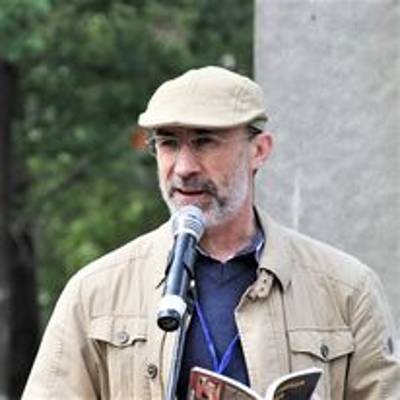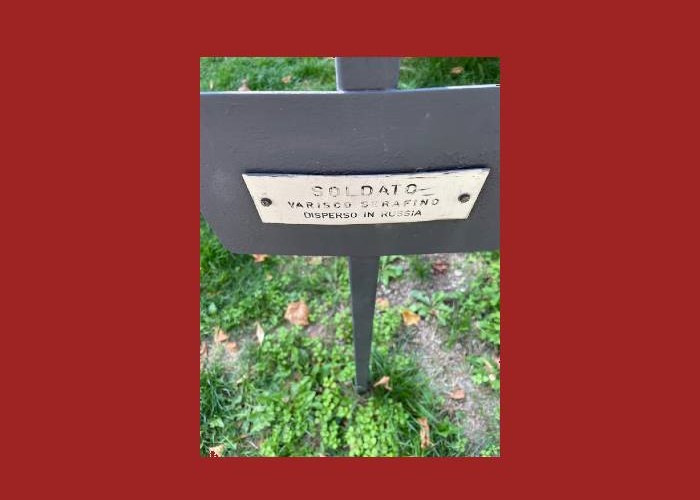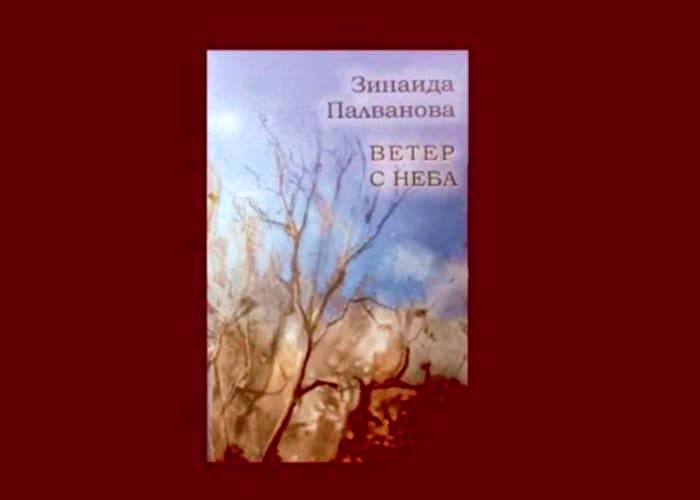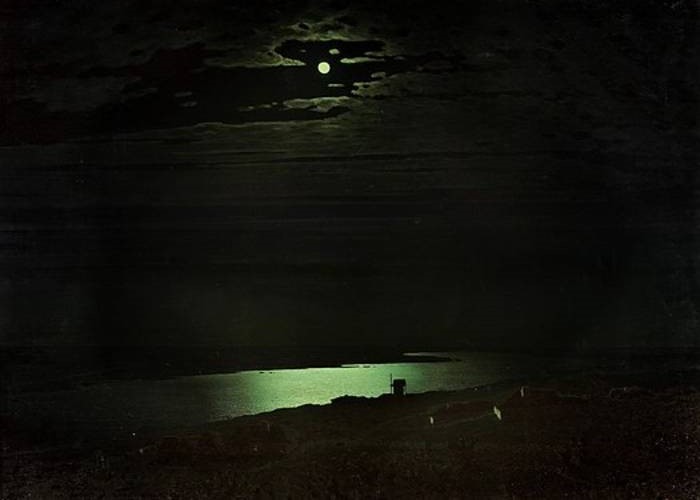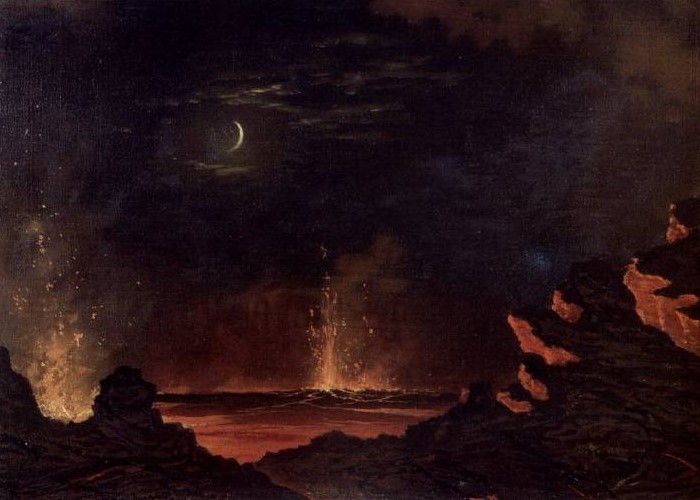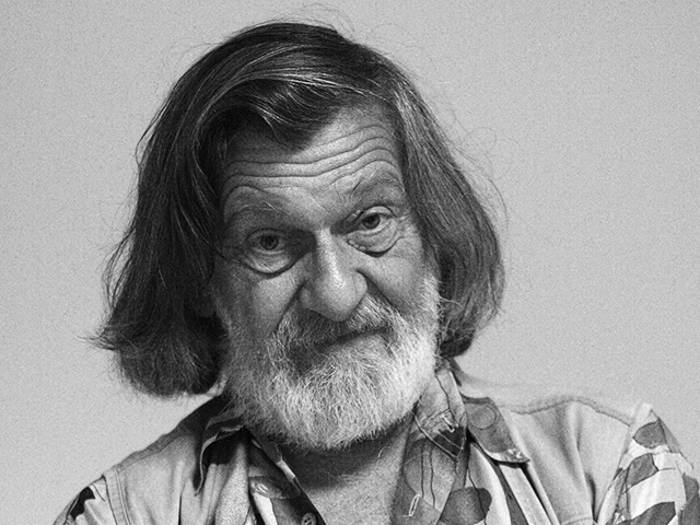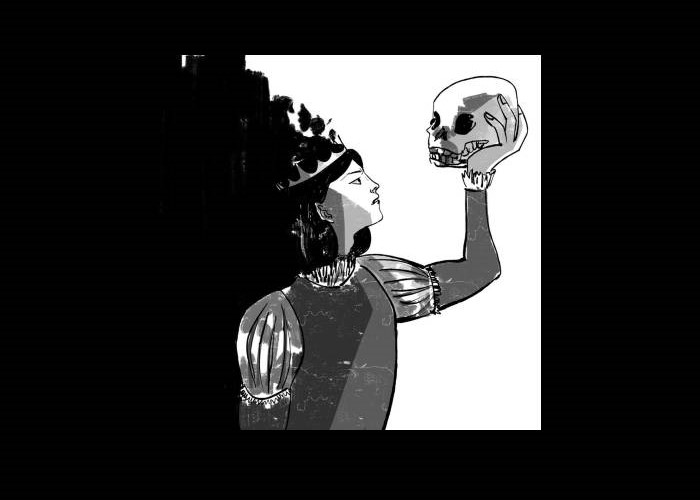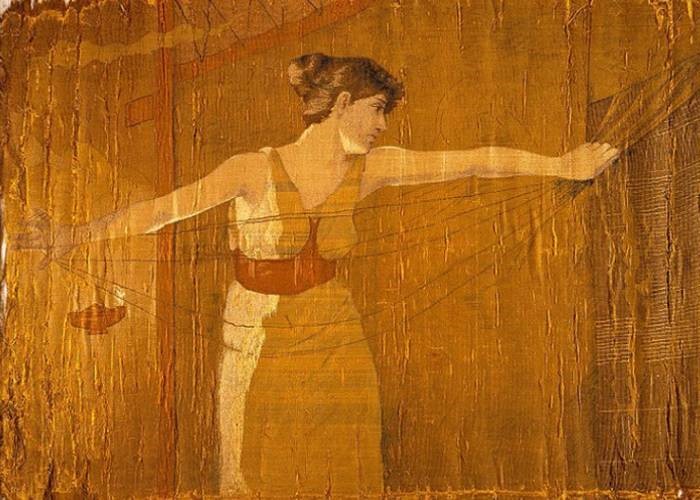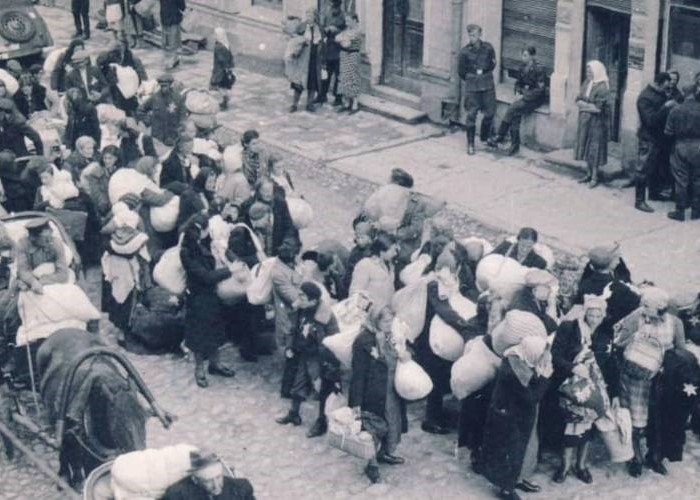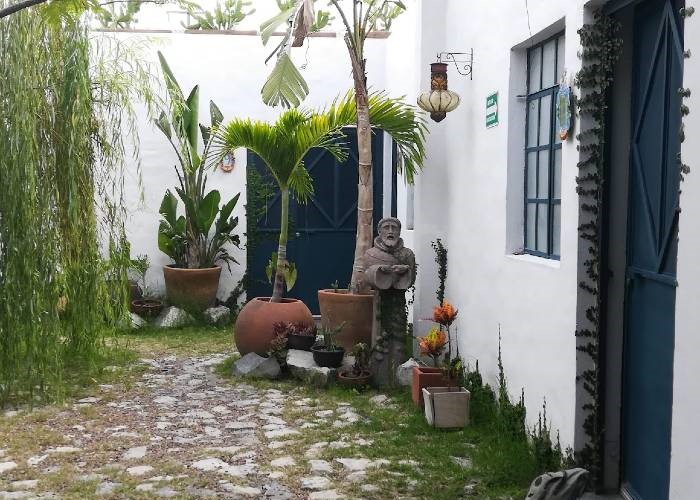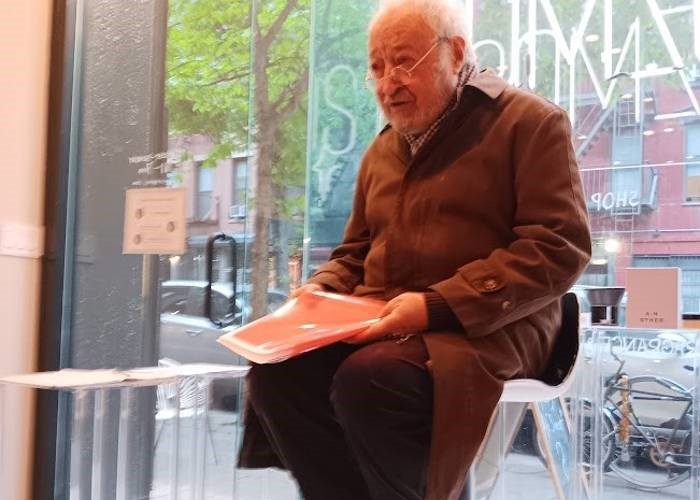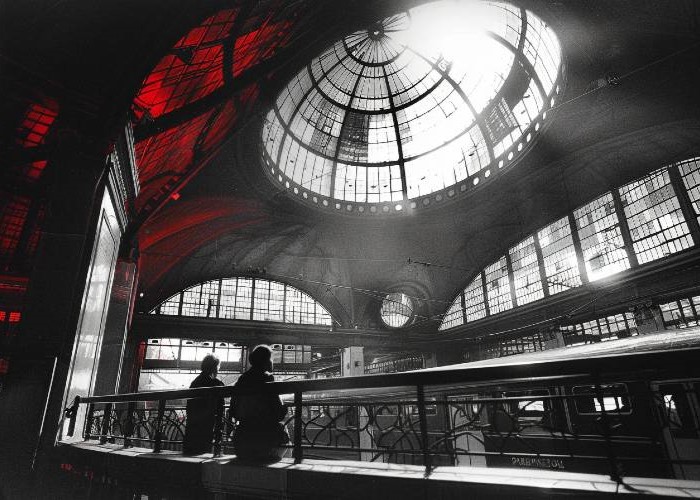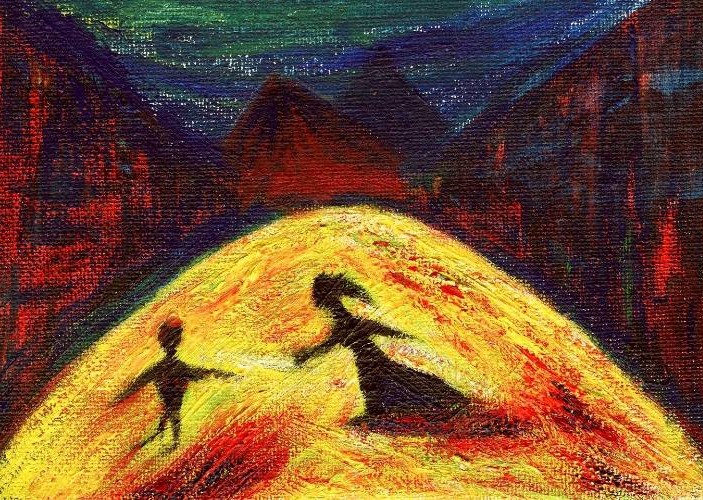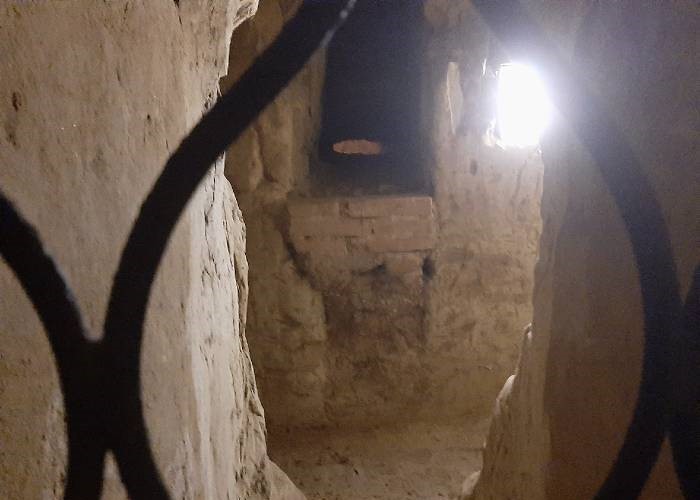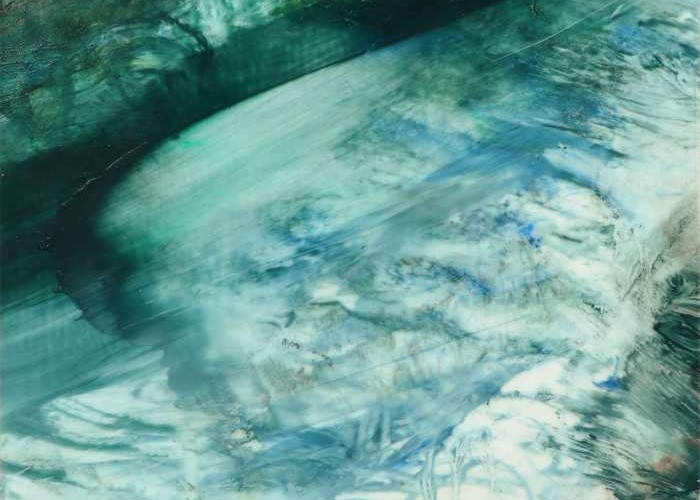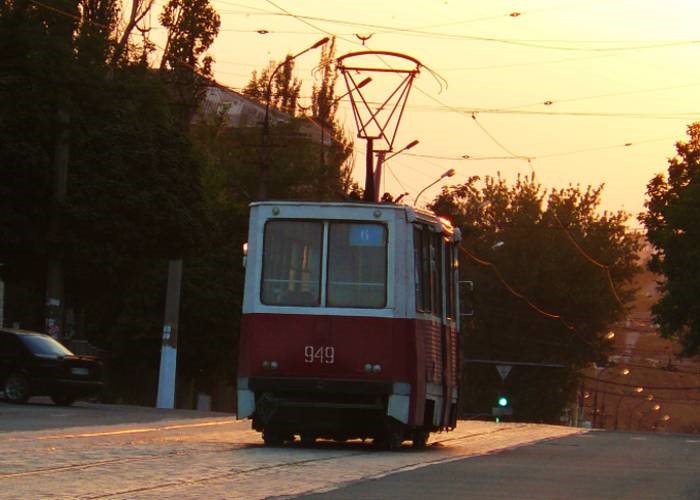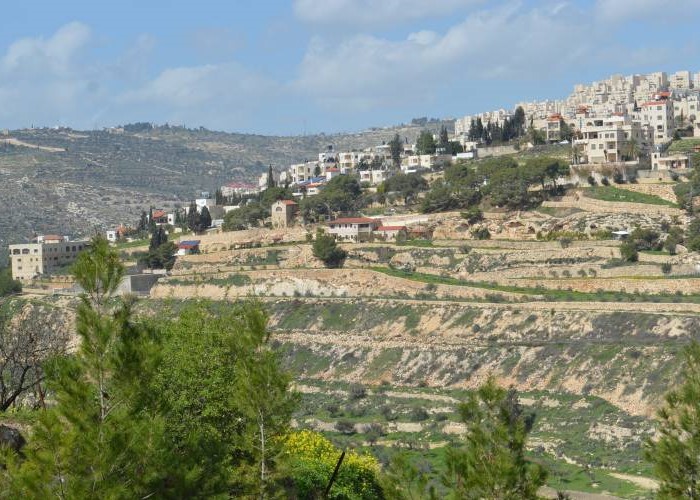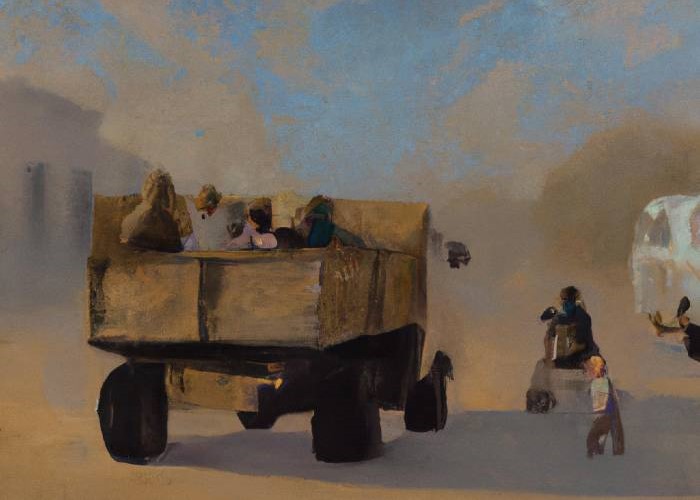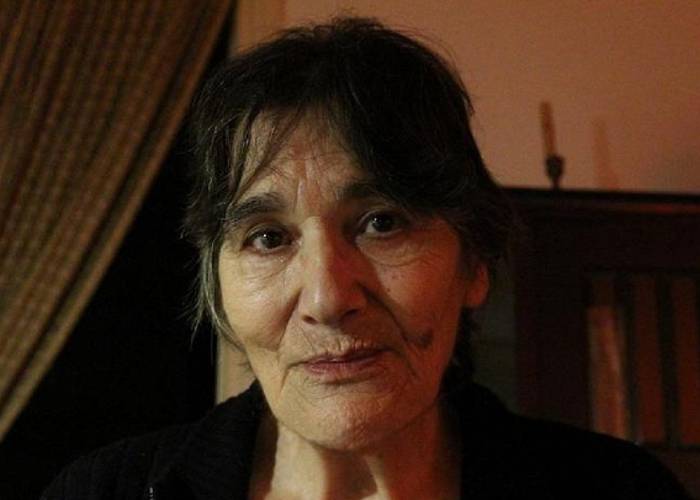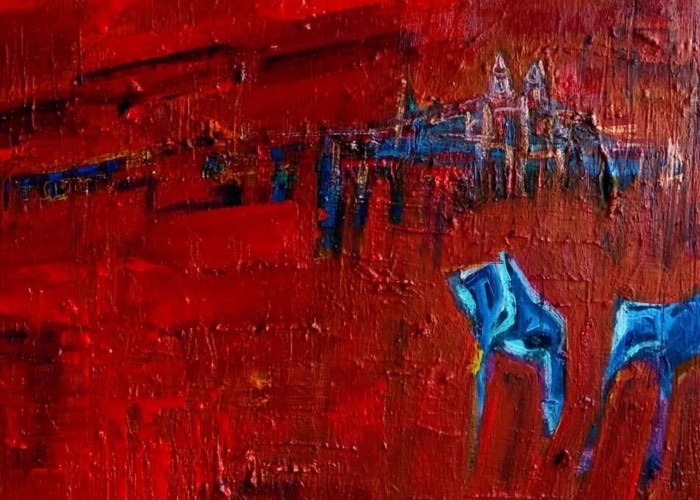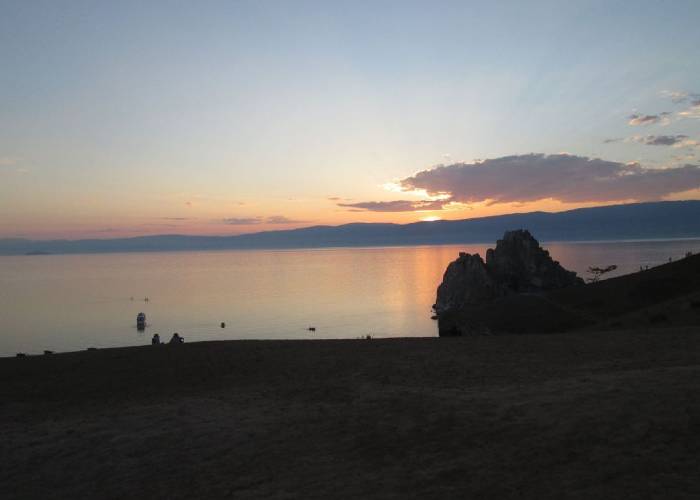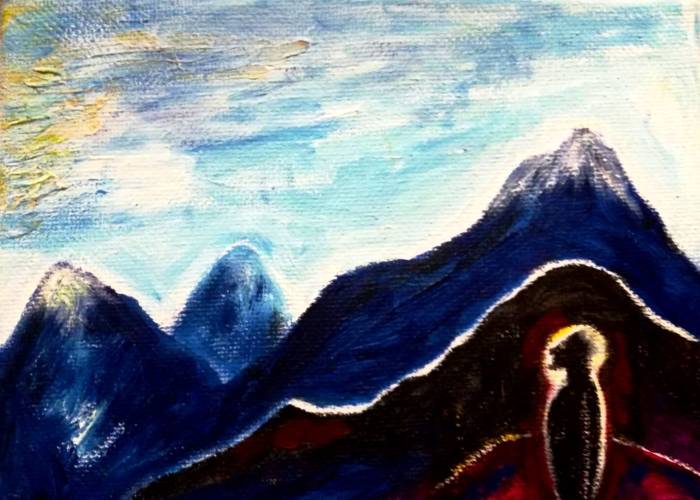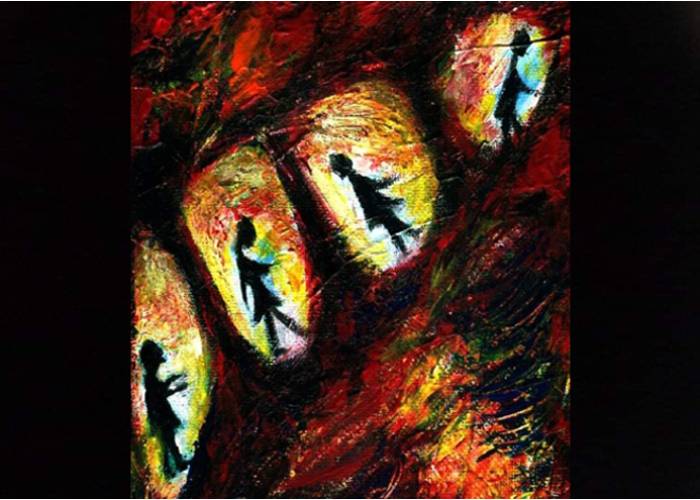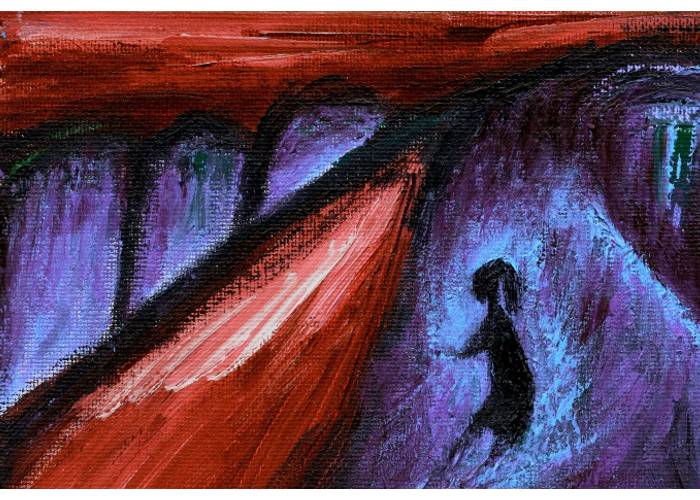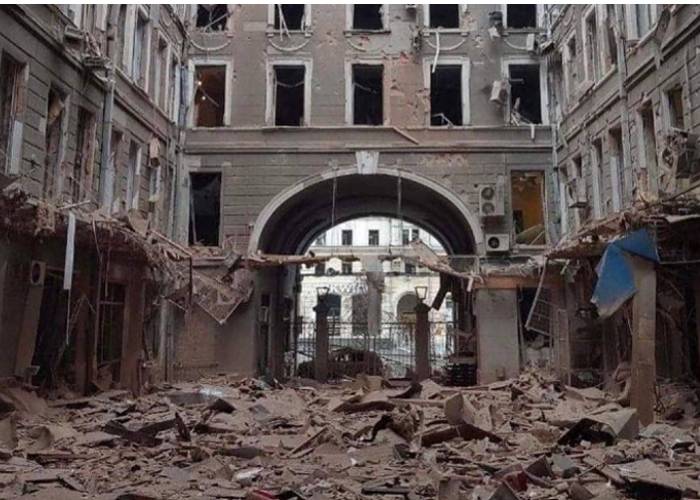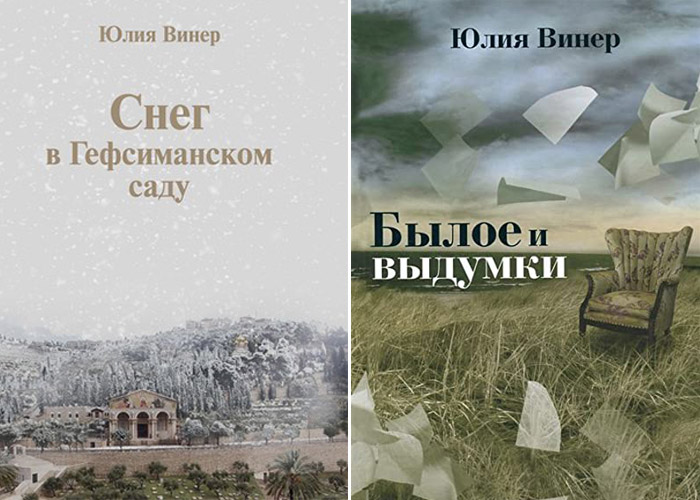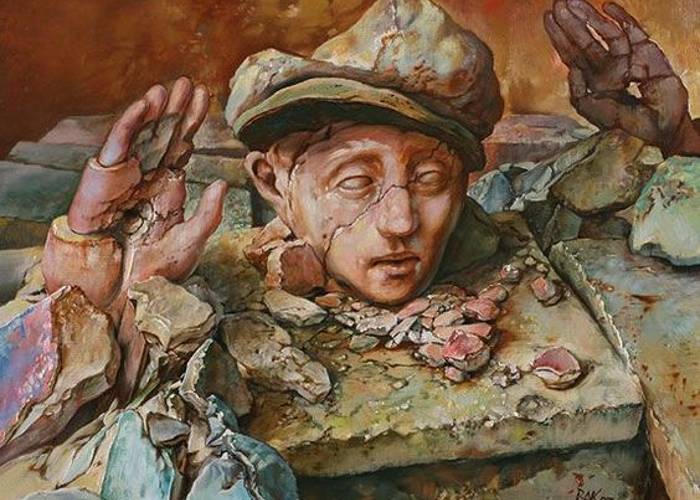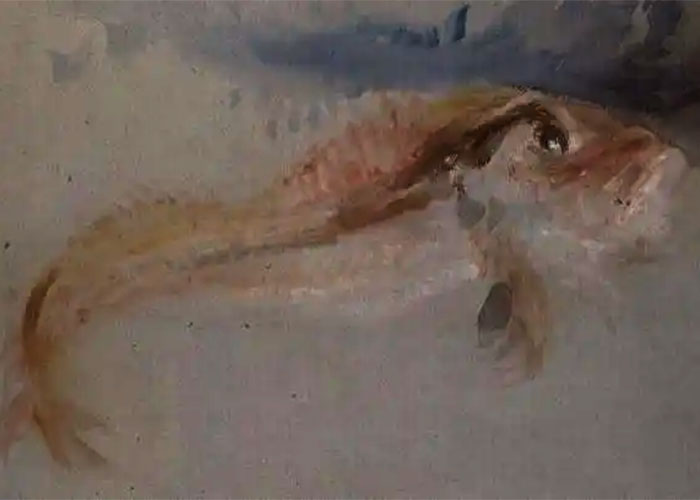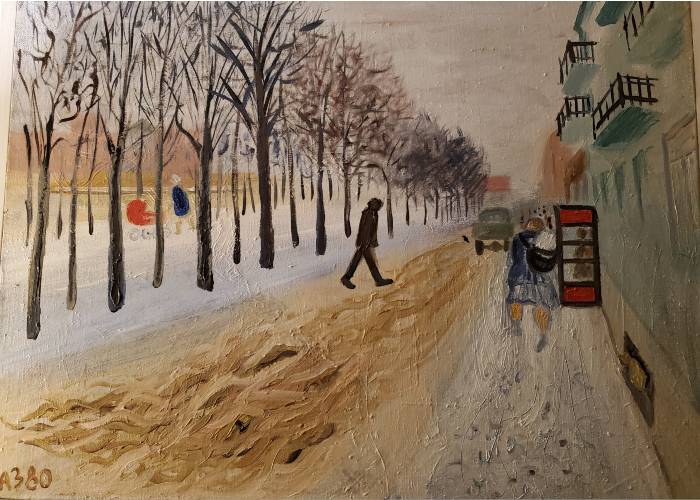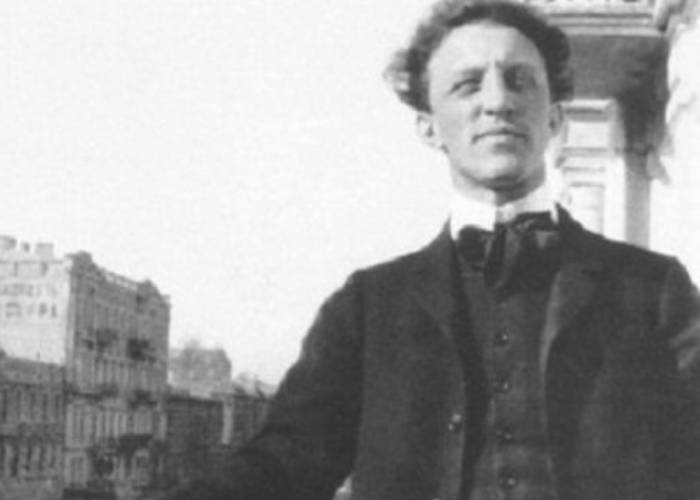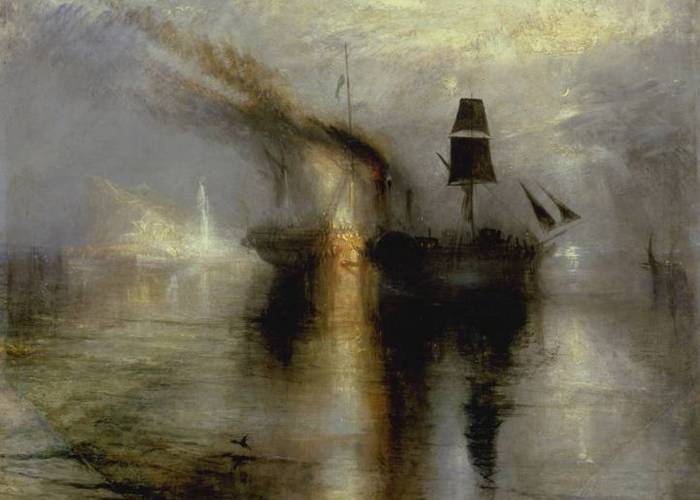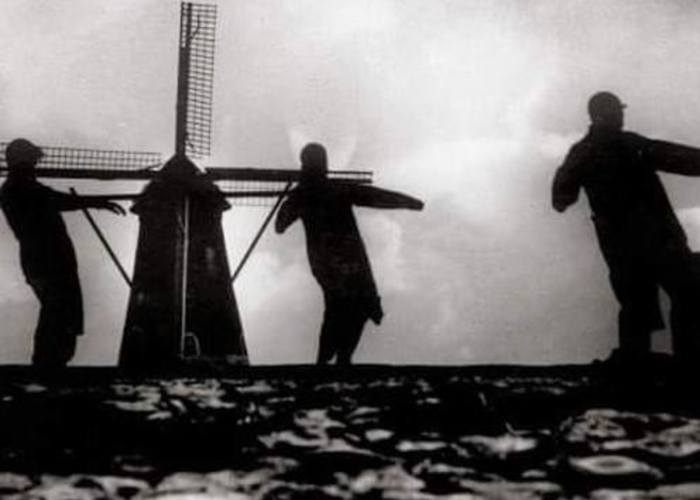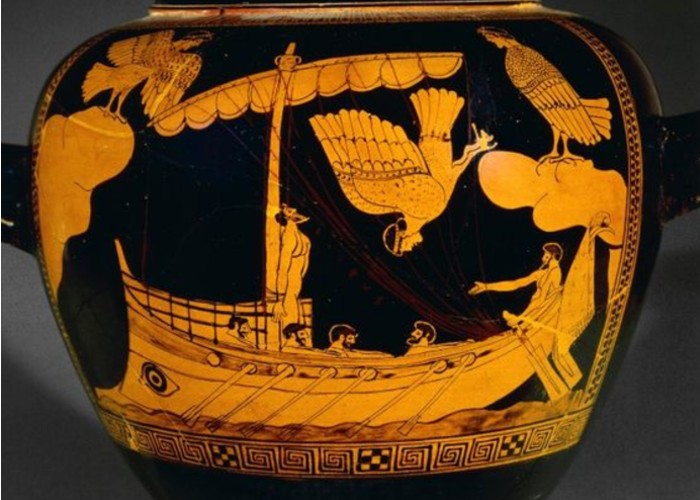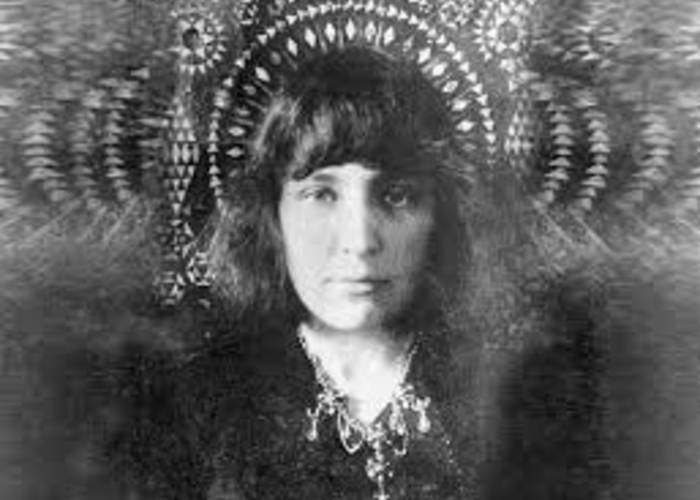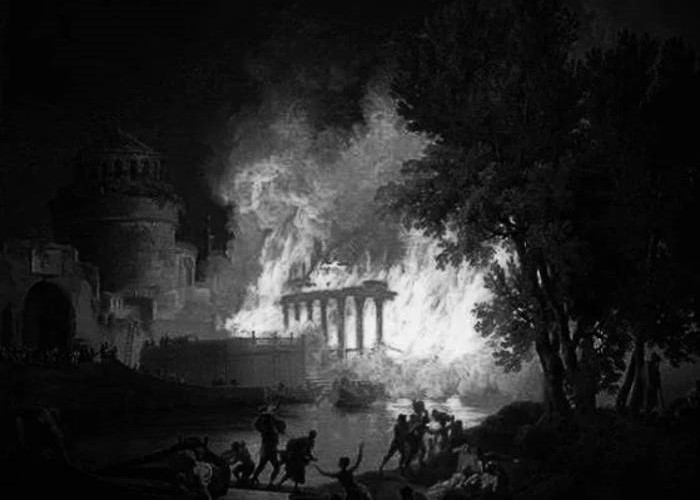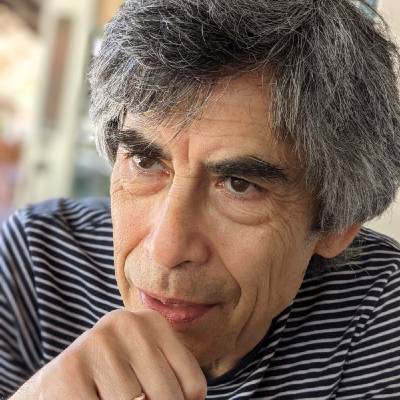Falling raindrops leave no visible traces,
not on the glass of my window, not on the temple wall,
but once in a while water goes mad and races
to wash away bridges, flood the market and city hall.
For thousands of years down to the sea the river
of time rolls on, never to be the same,
but the temple of Artemis has been attached forever
as if with a knot in our memory to Herostratos’ name.
A muddy stream rushed from the northern ranges
Down to the south, inundating the sleeping Ukraine.
Mother, wake up! even the dead are in danger:
bombs rain down and tear to pieces your graveyard plain.
Again Herostratos, malice convulsing his face,
curses the temple and spitefully strikes the flint.
A drop of rain decided to leave a trace
and slid down the glass as a drip with a bloody tint.
The Original:
Капля дождя не оставляет следа
ни на моём окне, ни на стене собора,
но иногда сходит с ума вода –
сносит с пути мосты и заливает город
Тысячи лет катится к морю река
времени – для неё в прошлое нет возврата,
но храм Артемиды в памяти на века
связан морским узлом с именем Герострата.
Мутный поток с северной кручи на юг
ринулся, затопив спящую Украину.
Мама, проснись – умершим тоже каюк,
бомбы крушат твою кладбищенскую долину.
Вновь Герострат, злобою перегрет,
храм обругал и мстительно чиркнул спичкой.
Капля дождя решила оставить след
и по стеклу кровавой стекла водичкой.
